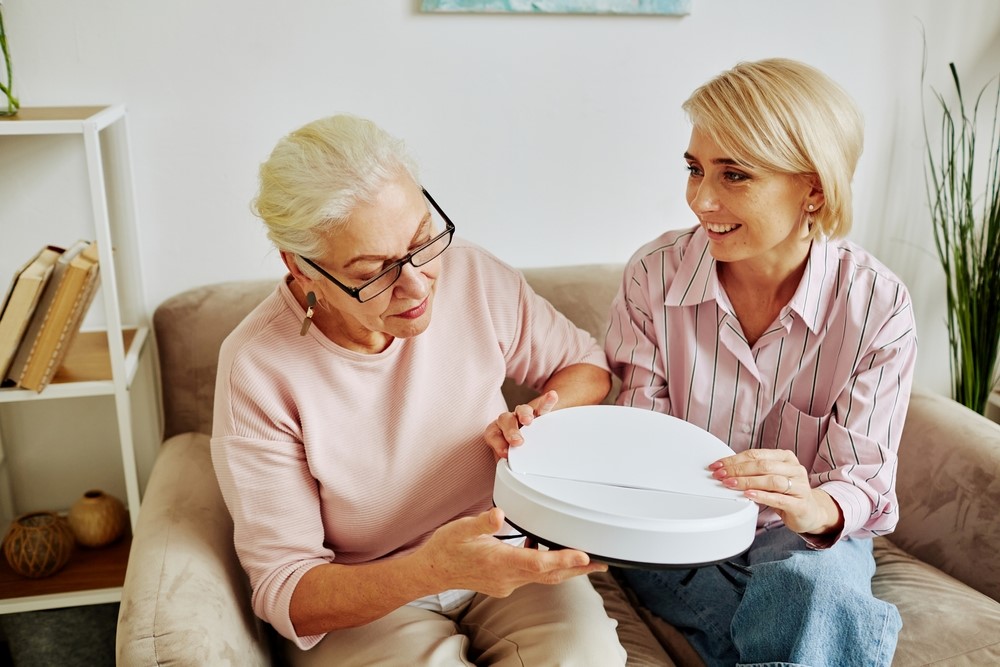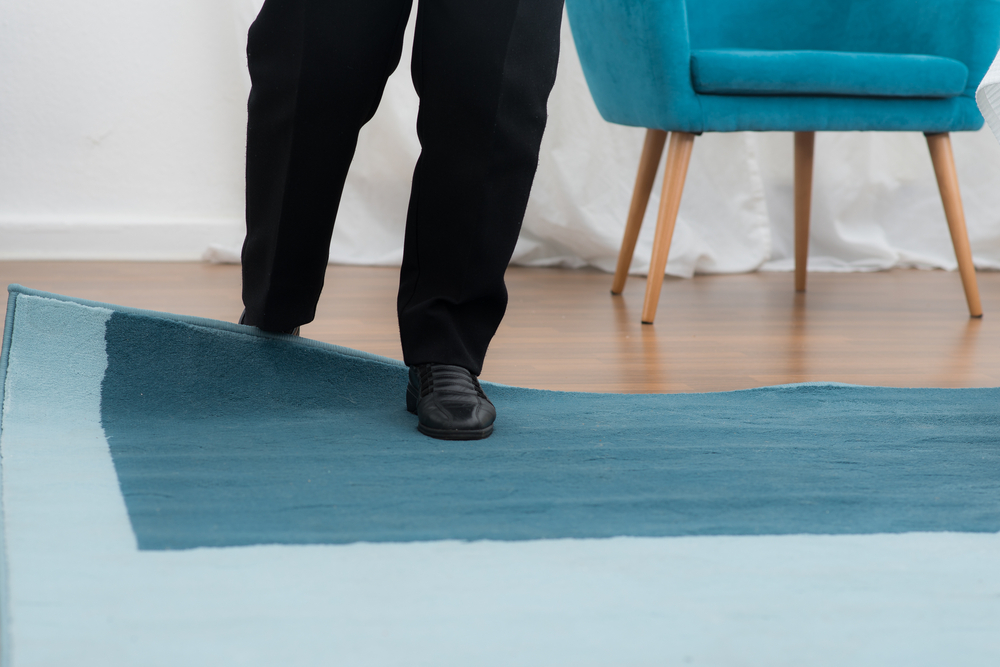
There are so many businesses where artificial intelligence, or AI, is making real changes to the way that we live and the things that are possible. In fact, AI is becoming this huge hidden revolution, one that offers better quality of life and more efficiency.
Now, when you think of AI, you’ll probably think of warehouses monitoring stock, or websites tracking customers. However, one area where AI is actually making a huge difference is in caring for seniors. Here’s how AI helps caregivers and aging individuals, and how it works.
Some of these approaches are still being researched or are only being integrated in select locations. However, others can even be relevant to home caregivers who are supporting their loved ones.
1. Social Engagement
One of the top issues that seniors face is isolation and loneliness. As a carer, you can help to some degree, but you can’t always be there for the person you care for. Some AI programs are being developed to help combat this, and give seniors the interaction they need.
This can be on a very basic level.
For example, chatbots can be used to help seniors at home manage their care. They can remind them when to take medication, when to eat, when their medical appointments are, and so on. It can help them stay independent for longer, and not miss anything important.
On a more personal level, there are several ways AIs are being used to combat loneliness.
On a more personal level, there are several ways AIs are being used to combat loneliness. “You’ll see social robots, that are often designed to look like stuffed toys, that help with caring behaviors” says Andrew King, a health blogger. “AIs can also suggest events in their neighborhood that can help seniors meet up with others, and help combat social isolation in that way.”
This is a particularly important approach, as being lonely can contribute to all types of physical and mental health problems. Finding ways to keep seniors more connected can improve their quality of life and make everything better.
2. Home Sensors
This is a technology that many care homes and staff are using, in order to help keep an eye on seniors even when they aren’t physically there with them.
Sensors can be placed around the home, and they will alert a carer if something is out of the ordinary. For example, if a senior has gone outside to get their paper, but hasn’t come back within a certain time, then an alert can be sent. Either a carer can come to check on the person, or an alert system can be used where an agent can call the person to check if they’re ok.
This has shown to be very helpful when it comes to people living with dementia and Alzheimer’s disease. For family members that care for these seniors, they get some peace of mind as they’ll be notified if anything is out of the ordinary.
There does need to be care taken with these systems, as they can bring up other issues. For example, some seniors have felt that they’ve been coerced into having the sensors installed. If it’s a joint decision though, it can be highly helpful for taking care of seniors in their own homes.
Some of these systems aren’t AI in the traditional sense, but they may have AI components. And, whether they involve AI or just basic program, there are many potential benefits.
3. Preventing Falls And Getting Help

A major worry for a lot of senior people is the risk of falling. This is especially true if they live alone.
They have an increased risk of falling, and if they do fall they may have to wait longer to get help. There are lots of ways that you can stop this from happening, such as remodeling the home to remove trip hazards, but AI is offering more solutions too.
“There are AI programs out there that can evaluate trip hazards in the home, and help you remove them” says Gina Morton, a psychology writer. “This is bringing a lot of people peace of mind, as they can eliminate risks and be safer at home.”
If someone were to trip and fall in their home, then they shouldn’t wait long for help thanks to AI. Again, the sensor system can alert their care team to come and check on them, or put them through to an agent who can call for help when needed.
As such, seniors can live at home and not worry about getting help, as they’ll be able to reach out should anything occur.
4. AI Around The Home
There are also simple examples of AI around the home, ones you might already be familiar with. One example is automatic vacuum cleaners, like the Roomba, which uses AI to help the device understand the space it’s in and avoid collisions.
Such vacuum cleaners can be fantastic for seniors, helping to keep the space clean and dust free, without all the bending that comes with regular vacuum cleaning.
Assistants like Alexa are another example. When paired with a speaker, Alexa allows seniors to remotely control music, to make appointments, to look up information, and more.
Alexa can also be combined with plugs and other tools to create a smart home environment, where functions like turning on a light and timing heaters can be controlled with a simple command.
Final Thoughts
As you can see, there are lots of ways AI can offer senior people more confidence in living alone, and carers more help in giving them the support they need. Just putting some systems in place gives seniors a lot more independence and helps them stay safe day to day. If you’re a caregiver for a senior person, it may be something to look into.
George J. Newton is a writer with Essay writing services and PhD Kingdom, where he covers AI tech and news.
Feeling Overwhelmed?
Check out our Caregiving Consulting service for personalized support and guidance.

Outstanding articles.